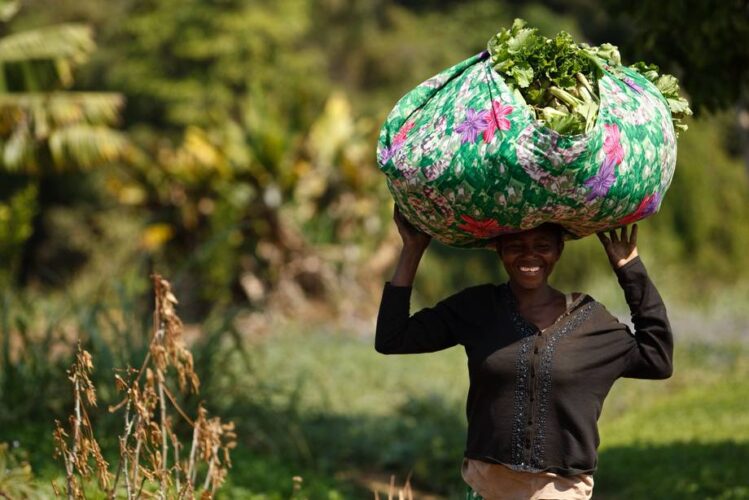Women have a big part in the world’s agricultural development, from crafting solutions for food security to continuing the legacy of farming against global hunger. However, even with what they have already proven, there is still a clear gender gap in agriculture where women face an imbalance of land ownership and limited farm inputs (Rahman, 2014; Jost et al., 2016). Unfortunately, the use of Climate Information Services (CIS), which is being utilized to assist farmers in their crop production and climate adaptation, has this gap also that should be addressed (Partey et al., 2020).
In relation to the said problem, Partey et al. (2020) conducted a study in Climate Change, Agriculture, and Food Security (CCAFS) climate-smart village research for development site (CSV 4RD) in the Lawra-Jirapa Districts of the Upper West Region of Ghana. They analyzed the difference between men’s and women farmers’ perception and use of the CIS implemented in their locality, the Esoko platform, where downscaled seasonal forecast reports are transmitted to them through their mobile phones.
Through semi-structured interviews and focus group discussions with the farmers in the locality, Partey et al. (2020) found out that there is no difference between the perception of male and female partners on climate change, the benefits of the use of CIS, and even with their network connectivity challenges on it. However, they found out that male farmers have more access to CIS than female farmers because of their higher control on their income to avail mobile phones, reflecting a gender gap that should be addressed.
To know more about the study, you can access it here.
References:
Jost, C., Kyazze, F., Naab, J., Neelormi , S., Kinyangi, J., Zougmore, R., … & Kristjanson, P. (2016). Understanding gender dimensions of agriculture and climate change in smallholder farming communities. Climate and Development, 8(2), 133-144.
Partey, S. T., Dakorah, A. D., Zougmoré, R. B., Ouédraogo, M., Nyasimi, M., Nikoi, G. K., & Huyer, S. (2020). Gender and climate risk management: evidence of climate information use in Ghana. Climatic Change, 158(1), 61-75.
Rahman, A. (2014). Gender in Scaling Up Community-Based Adaptation to Climate Change. In Community-Based Adaptation to Climate Change (pp. 250-262). Routledge.
Photo source: FAO
Article contributed by Mark Vincent Mercene, CCComDev intern

